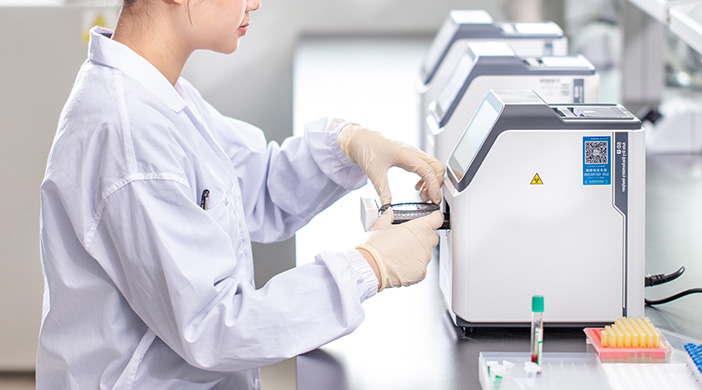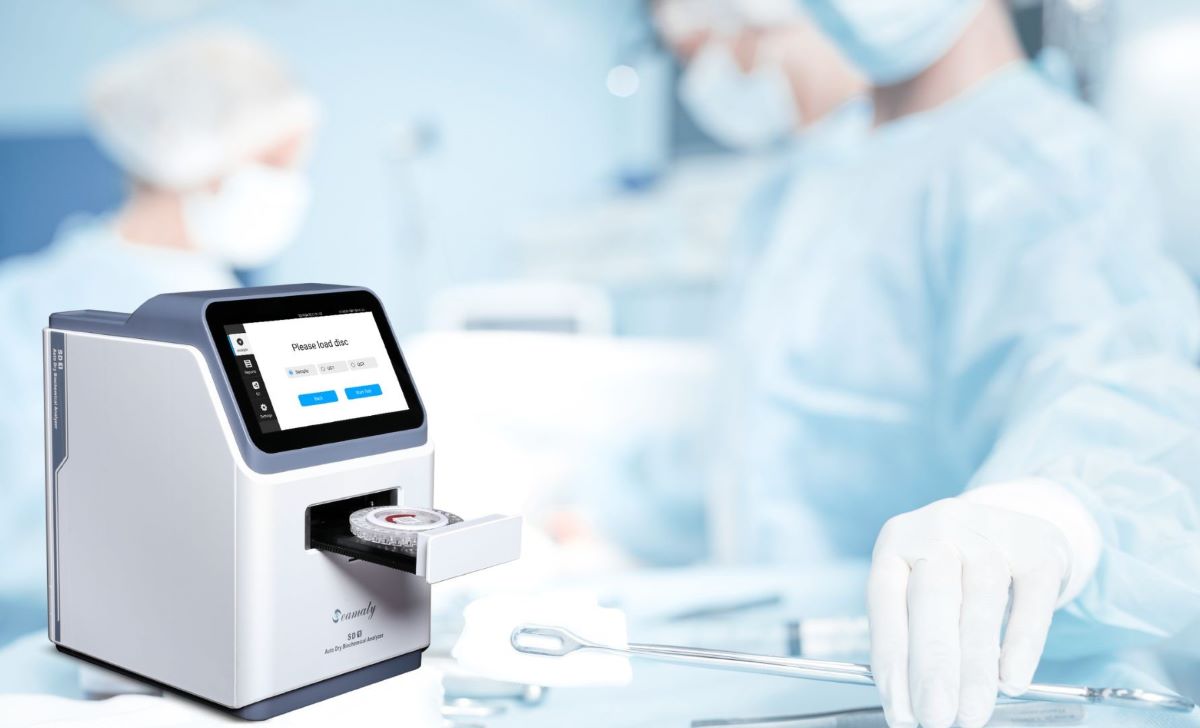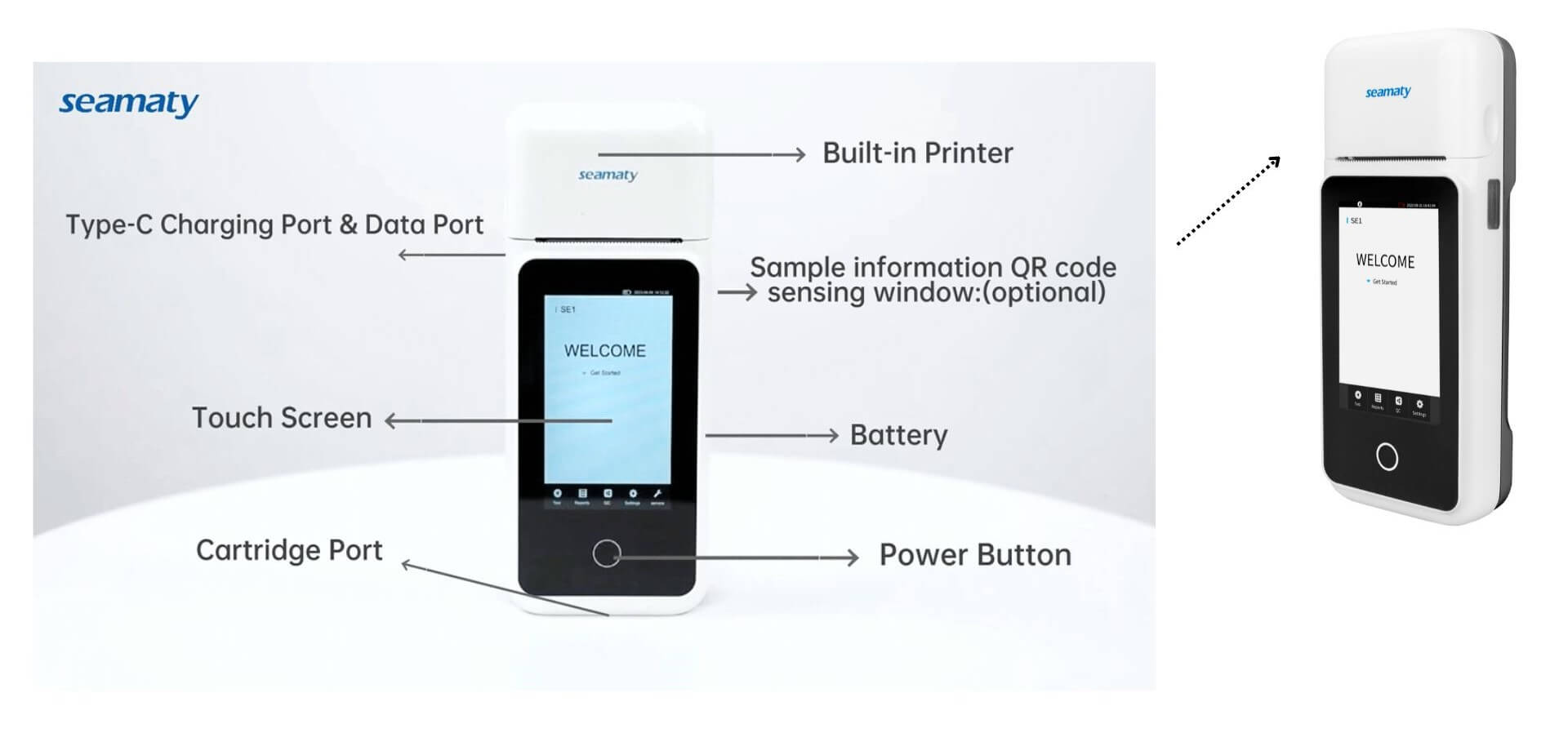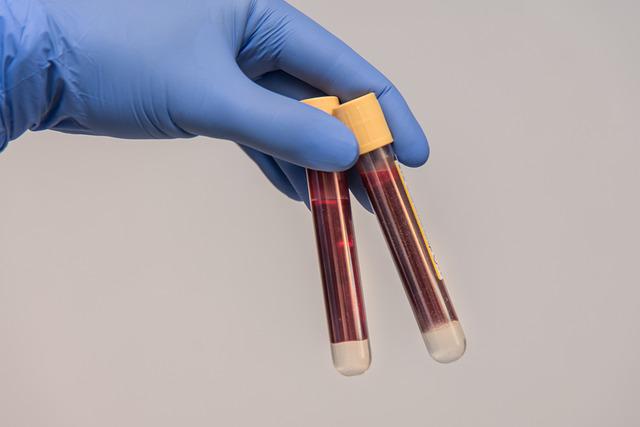release time:2022-06-22 13:35:23
Blood analysis is done on a sample of blood extracted from a person to understand its chemical and physical properties. The blood can be obtained from a finger, an earlobe, or blood cells of bone marrow can also be examined but most commonly the blood is obtained from large veins in the arm as it is convenient for both the medic and the patient. Blood analysis is convenient as the hundreds of tests and procedures developed to study the blood can be carried out all at once, with a single small sample of blood with equipment like blood analyzers.

These blood analyzers are very useful in proaviding quick and accurate information about the blood cell count and its properties. The most common information obtained with the help f these analyzers are:
• Coagulation tests
Blood analyzers can be used for both humans, as well as animals hence they become equally useful for research purposes, clinics and veterinarians. The most basic analyzers can be used to get information about complete blood count, along with a three or a five-part differential white blood cell count. Further, more sophisticated and diverse analyzers can be used to understand and diagnose blood discrepancies through assessment of cell morphology and any change minor change in blood cell behaviour.
The basic technology used in these blood analyzers are:
• Fluorescent flow cytometry
For better and thorough examination and extended parameters of observation, these technologies are paired with different chemicals and solutions that further penetrate the cells and help lyse them. This way every particular component of the blood can be individually identified and studied, helping in research or diagnosis.
There are two basic types of blood analyzers that are commonly seen in the market:
Three-part differential blood analyzer: This type of analyzer uses Coulter's Principle to detect the volume as well as the size of the blood cells. This is most commonly found in any physician's office laboratory. The information gathered from this analyzer, like your complete blood count, neutrophil and lymphocyte count etc. can be assessed and used to diagnose whether the patient has any viral or bacterial infection. This information can be further used to advise more sophisticated tests or start an antibiotic regimen.
Five-part differential blood analyzer: This type of analyzer makes use of principles of flow cytometry and not only provides basic information but also divides the white blood cells further into their primary sub-populations with regards to complexity and cell size. The divided cells are as follows:
• Basophils
There are now 6-part differential, automated blood analyzers that can provide much more detailed and sophisticated information after analyzing your blood that can be employed for various clinical purposes as well as research.
Before choosing any particular blood analyzer, keep in mind the tests you want to perform more frequently as many blood analyzers might be able to do only one type of test. Some other considerations to keep in mind while choosing a blood analyzer are:
• Whether you need a portable, benchtop, or handheld blood analyzer
Narrow down the qualities that you consider are suitable for your lab and the budget you have in mind before researching the market as the options are many and very alluring. Focus on =what you need and how you can get it at the best price possible.
In recent years some of the brands that have made a name for themselves in this industry particularly are:
• Erba Mannheim
This brand offers both 3 and 5 part differential blood analyzers that are curated for labs and offices that are dealing with high workloads and demand quick and efficient results. these analyzers are state of the art as not only do they reveal the conventional, basic clinical parameters but also provide information about the exclusive parameters that can be used to further improve the efficiency of the whole procedure. It provides about 80 samples per hour with a per-sample volume of 20 µl. this is for sure becoming one of the most demanded and choice options of clinicians and lab assistants around the world due to its efficacy.
• Sysmex
This brand is renowned globally as it is very simple to operate and provides a complete blood count with various blood parameters that make the assessment easy and convenient. It provides3-part differential with an absolute neutrophil count that can help form an early diagnosis and basic idea of the issue faced by the patient.
• Mindray
This is a well-trusted brand in the medical community. They have curated blood analyzers that not only provide the most reliable complete blood count but also provide the clinician with a 5-part differential. It is very efficient as it provides a sample number of 200 per hour. Its unique quality includes it's highlighting the cells that have abnormal morphological structure, hence flagging the abnormalities along with providing cell count. The blood analyzers under this brand name are setting higher standards for blood analysis. These analyzers are the top choice for any hospital and doctor who want quick, efficient, and accurate results for their patients.
Here are some important considerations to keep in mind when choosing a hematology analyzer:
Some of the best, economical blood analyzers in the market nowadays are:
All of the mentioned analyzers are top-quality blood analyzers that are economical, accurate and efficient and the first choice for a lot of laboratories and doctors. Study the market before investing in any model or device and choose according to the parameters that you need.

2024-01-10
Ditch manual drudgery & embrace automated ease! Say goodbye to time-consuming chemistry analysis with the Seamaty SD1. This revolutionary analyzer delivers faster, more accurate diagnoses with minimal effort & sample volume. Streamline workflows, reduce errors, & improve patient care - learn how the SD1 empowers smarter diagnostics today!

2023-08-23
Discover how to pick the perfect electrolyte analyzer for small to mid-sized clinics. Learn about different types, benefits, and Seamaty's SE1 electrolyte analyzer, enhancing patient care with its portable precision.

2021-11-22
1. Hemolysis: Hemolysis is one of the most common interfering factors in clinical biochemical tests. Hemolysis is the rupture of red blood cells in the blood. The contents of the red blood cells enter the serum. As a result, the concentration or activity of the biochemical test substance is affected.